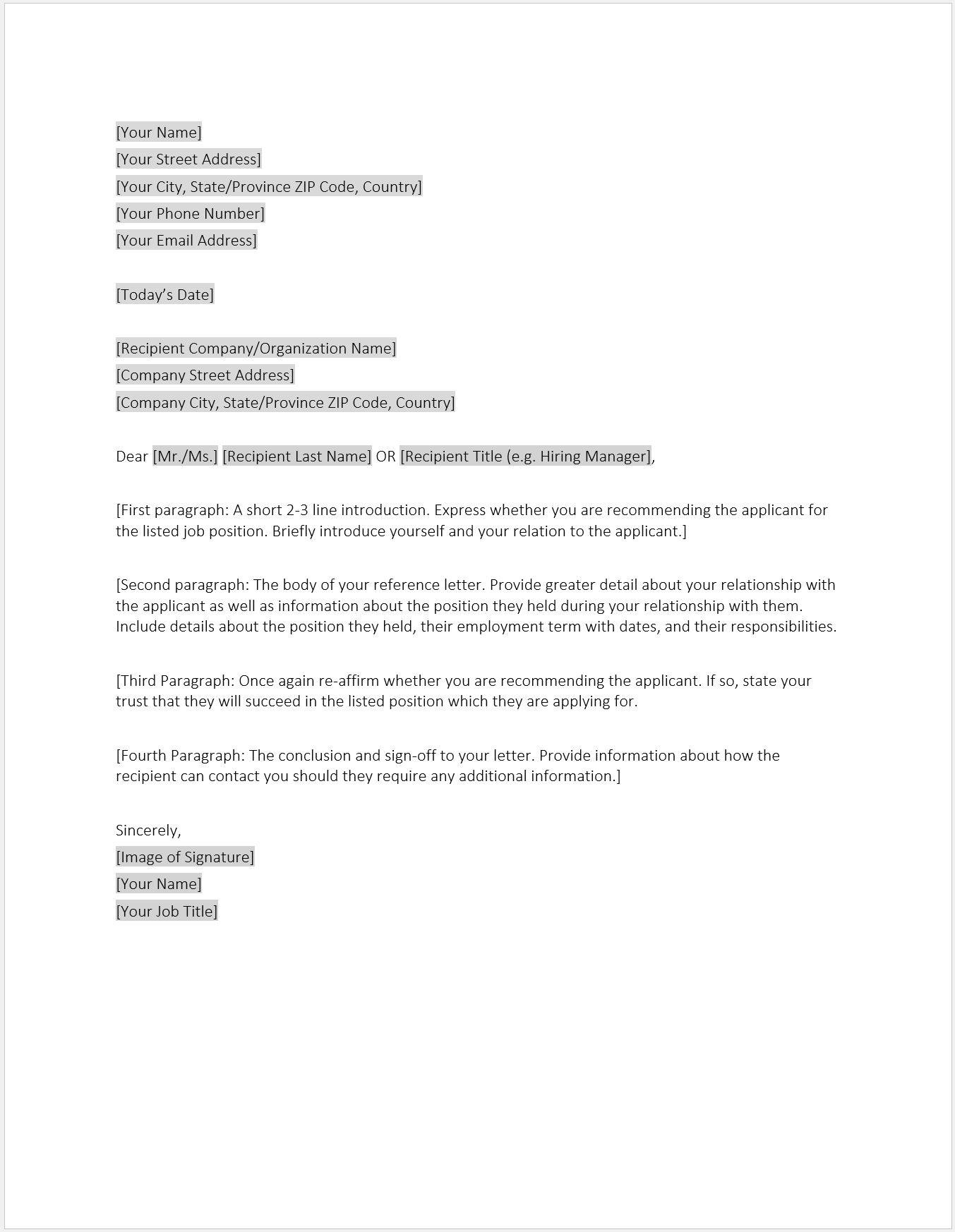
Are you in need of a reference letter but don’t know where to start? Look no further!
In this comprehensive guide, we will walk you through everything you need to know about general reference letters. Whether you are a student applying for a scholarship, a job seeker looking to impress potential employers, or a professional seeking a recommendation, a well-written reference letter can make all the difference.
What is a General Reference Letter?
A general reference letter is a document written by a person who knows you well and can vouch for your character, skills, and qualifications. It serves as a testament to your abilities and can be used in various situations, such as job applications, college admissions, or even for personal references.
The letter typically includes information about your strengths, achievements, and why the writer believes you are a suitable candidate for the opportunity you are pursuing.
Why Use a General Reference Letter?
Reference letters are valuable tools that can help strengthen your application or candidacy for a position. They provide insight into your character, work ethic, and skills from the perspective of someone who has worked closely with you.
A well-written reference letter can set you apart from other candidates and give you a competitive edge. Additionally, having a reference letter on hand allows you to easily distribute it as needed, saving you time and effort in the application process.
How to Create a General Reference Letter
Creating a general reference letter is a straightforward process that requires attention to detail and a clear understanding of the individual you are recommending. Here are some steps to help you craft a compelling reference letter:
1. Begin by addressing the letter to the recipient and introducing yourself as the writer.
2. Provide a brief overview of your relationship with the individual and how long you have known them.
3. Highlight the individual’s strengths, skills, and accomplishments that are relevant to the opportunity they are pursuing.
4. Share specific examples or anecdotes that illustrate the individual’s qualities and abilities.
5. Conclude the letter with a strong recommendation and offer to provide further information if needed.
6. Proofread the letter for any errors or inconsistencies before printing it out.
Examples of General Reference Letters
To give you a better idea of what a general reference letter looks like, here are a few examples:
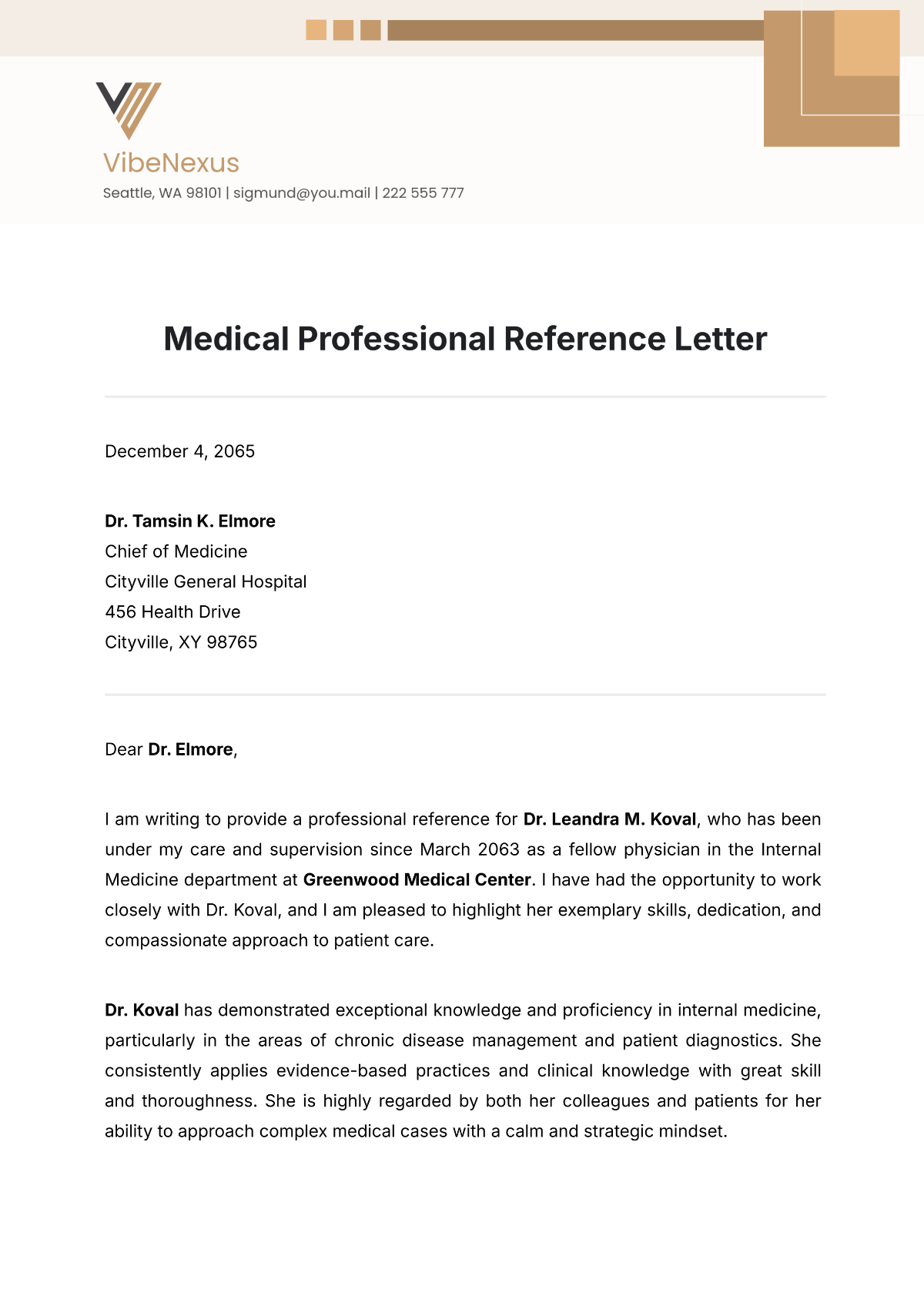
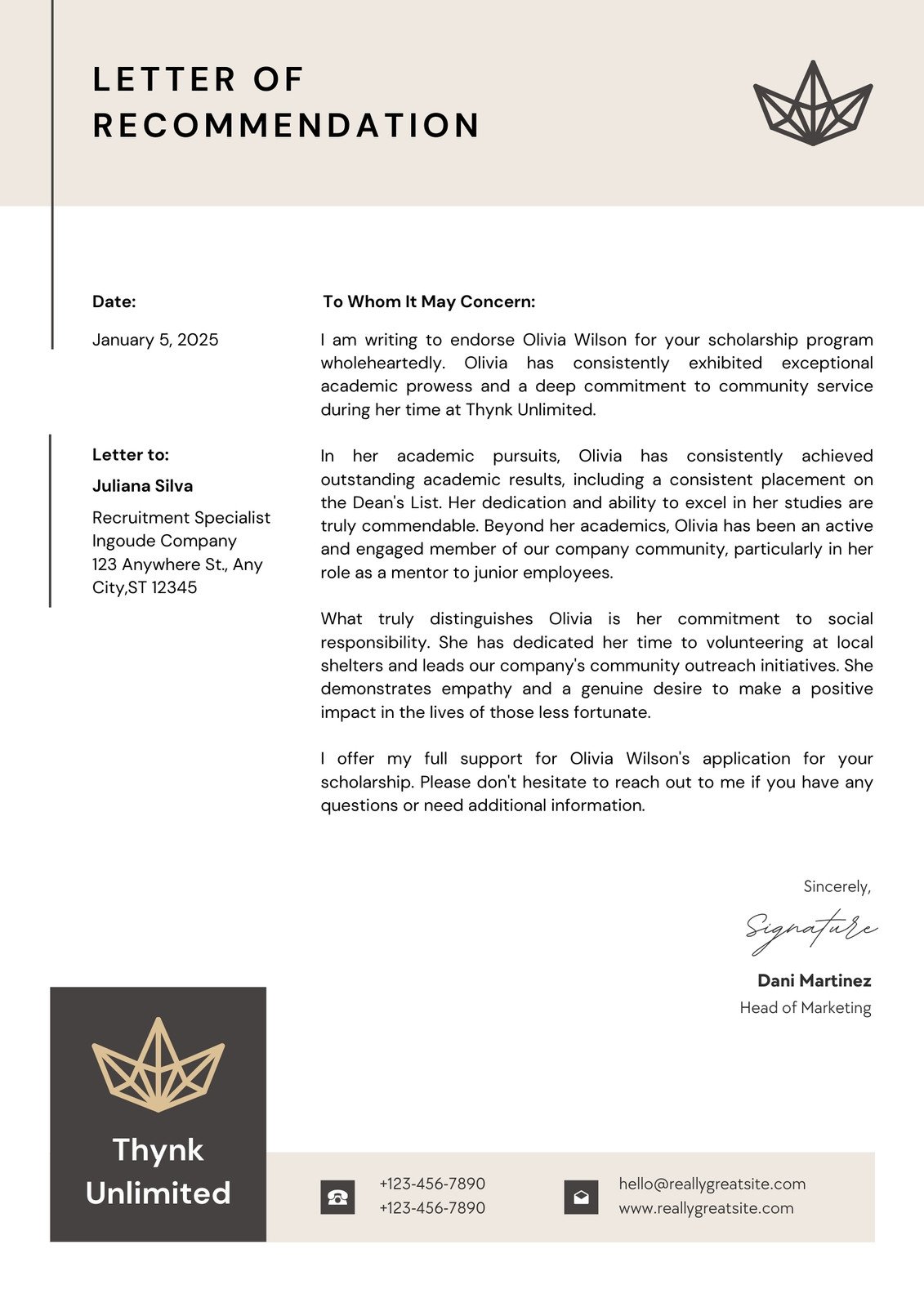
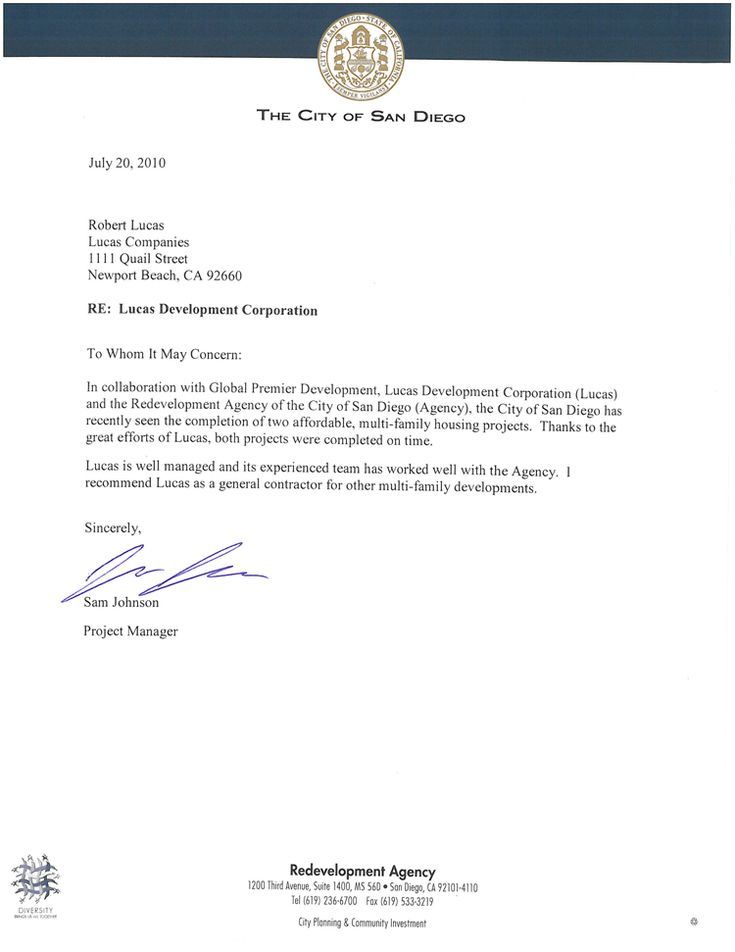
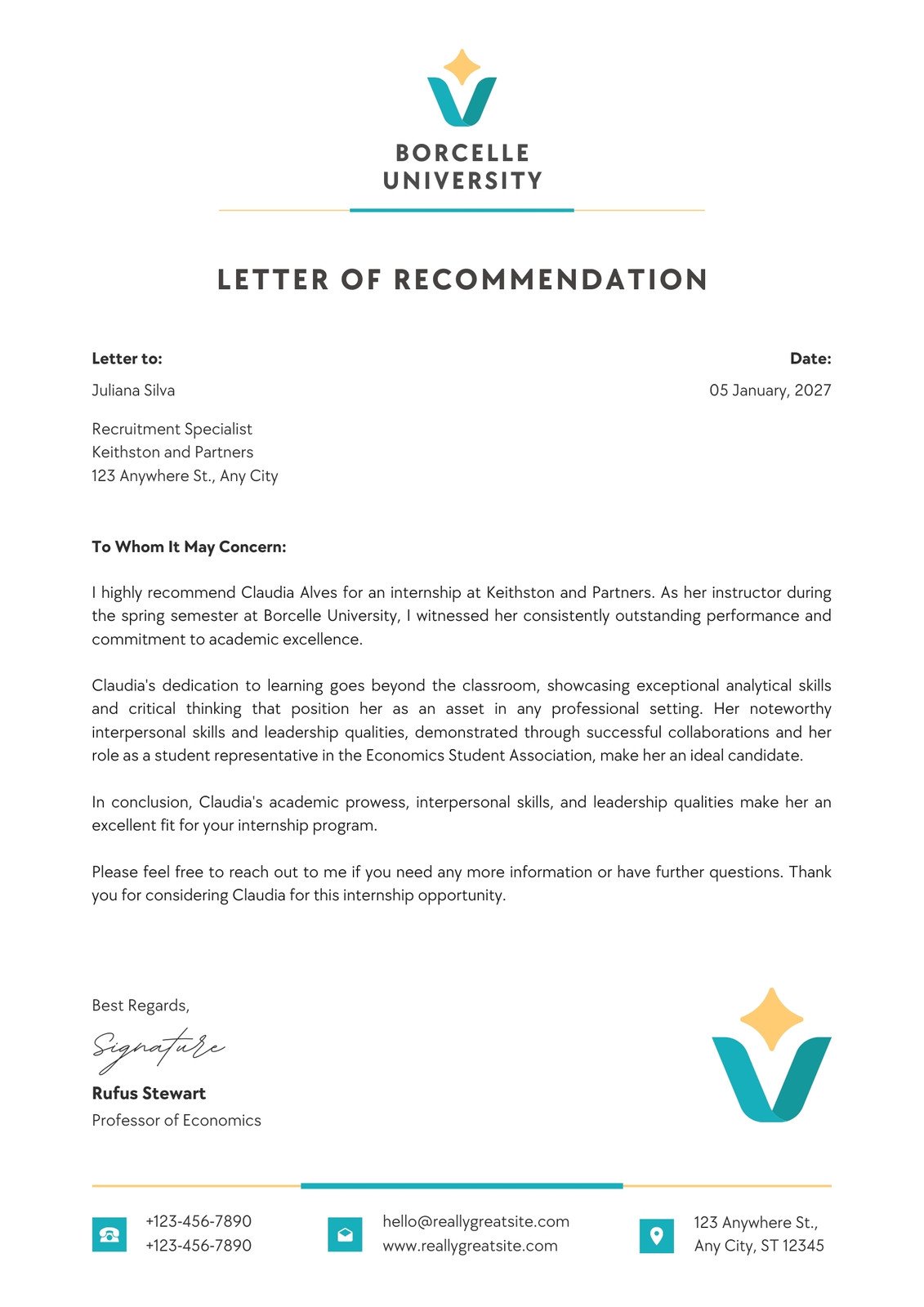
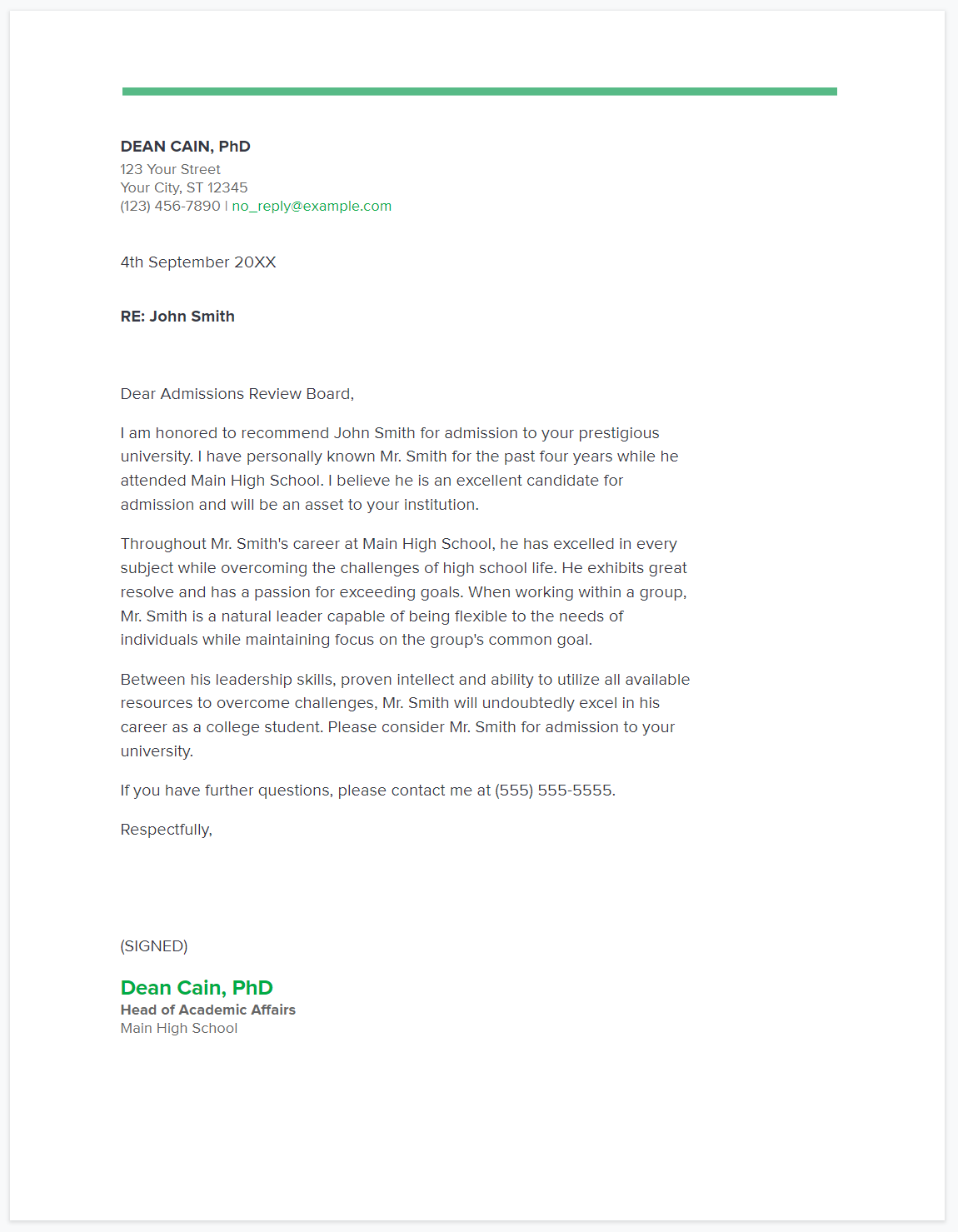
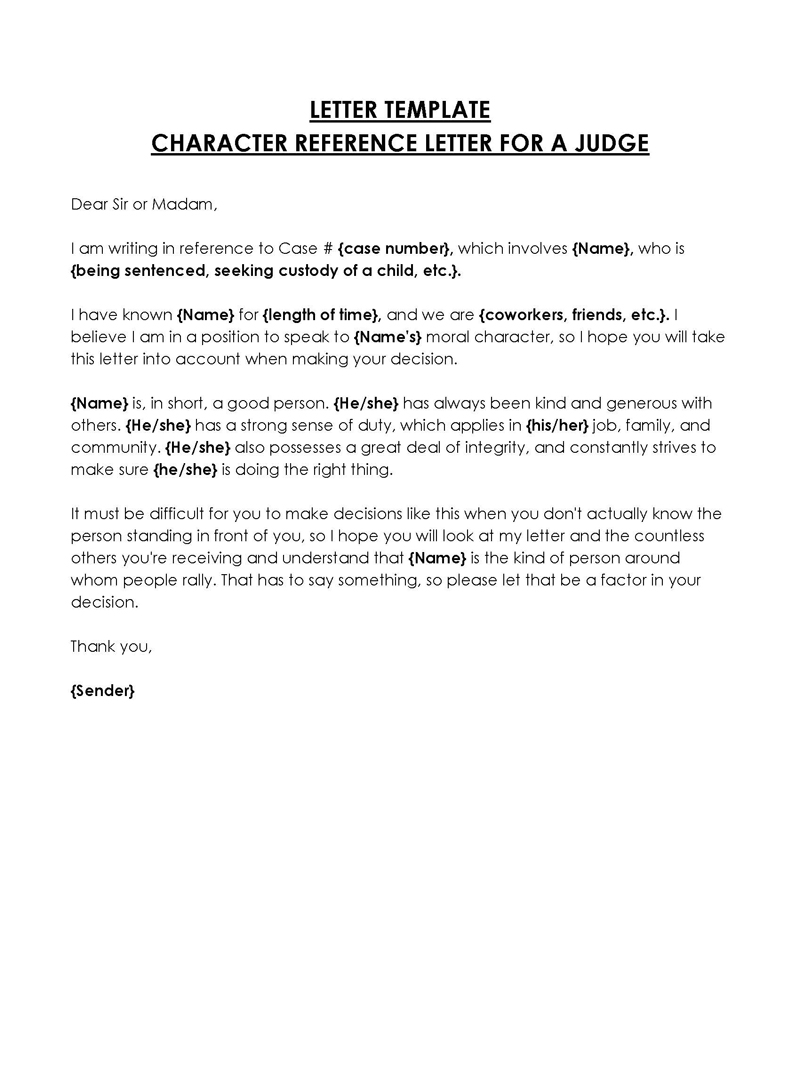
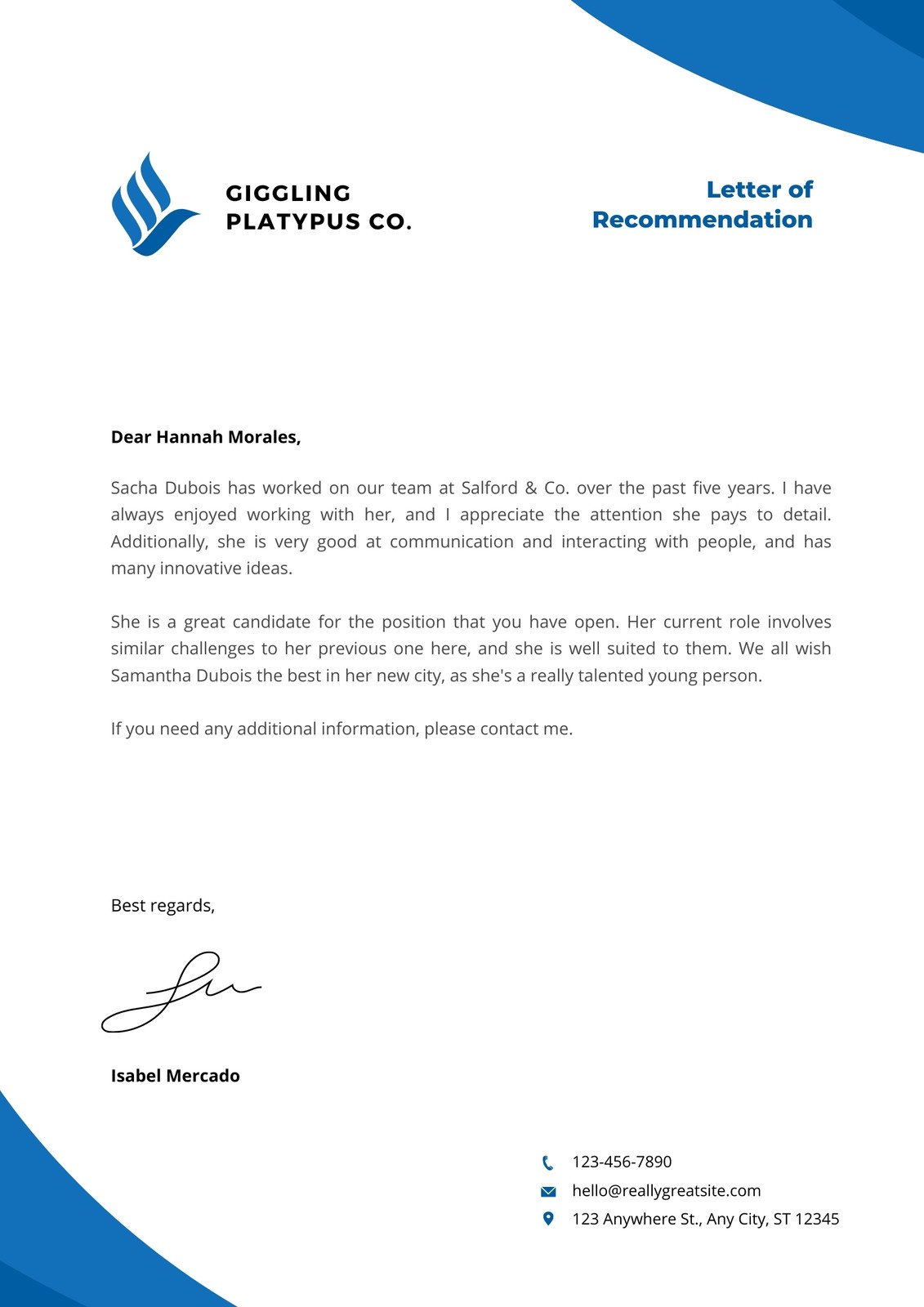
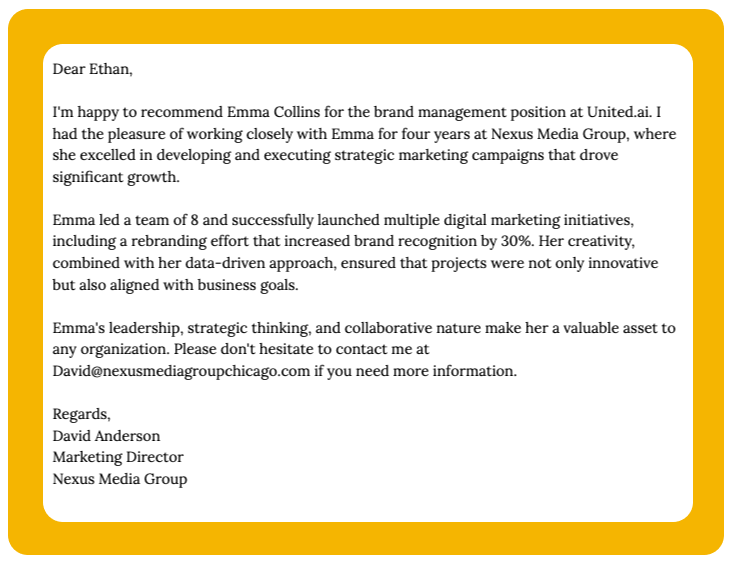
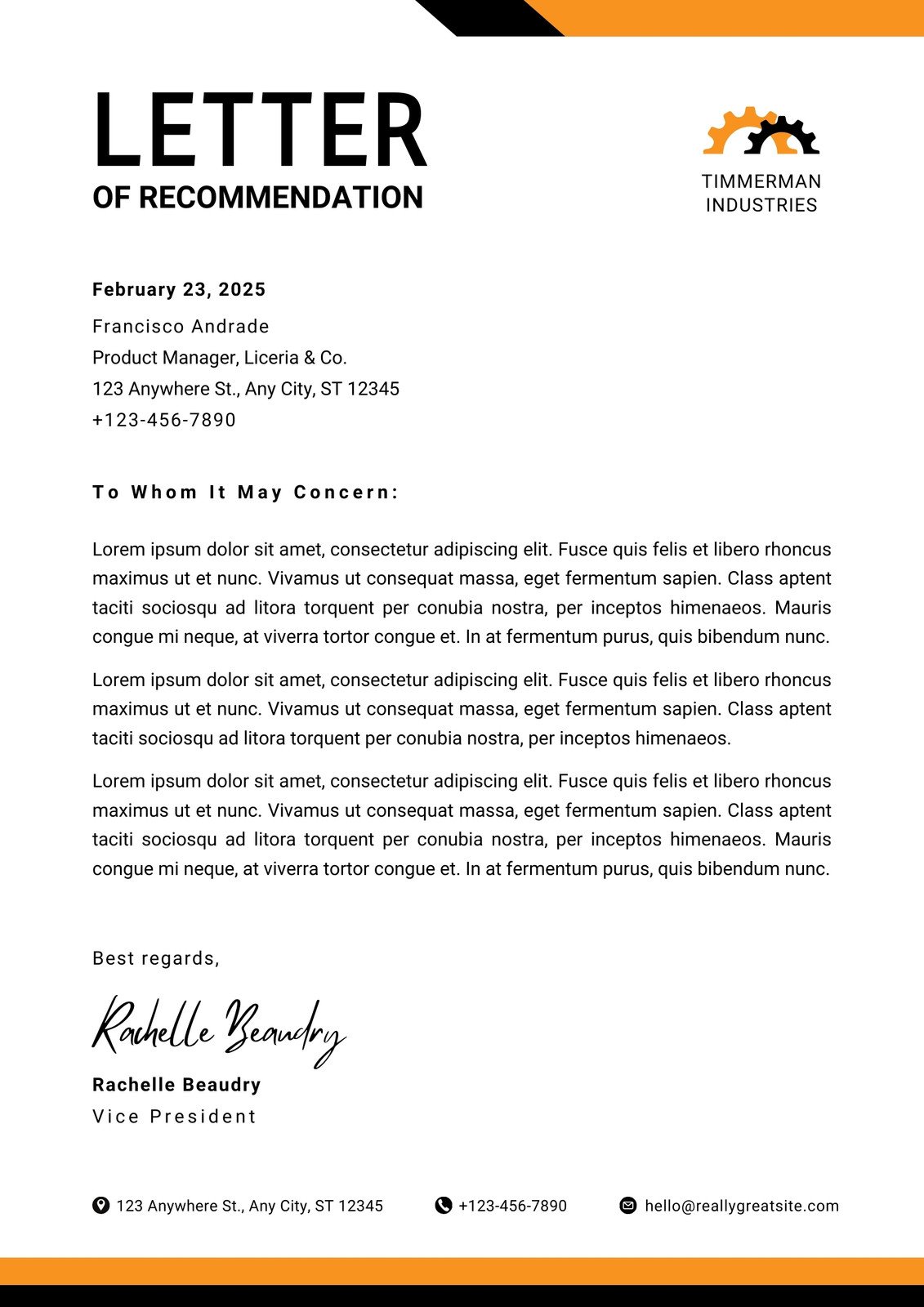
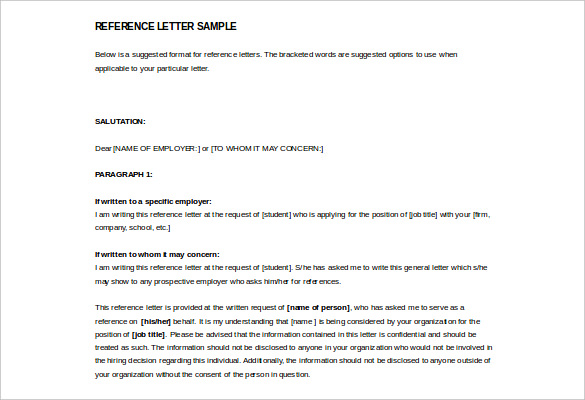
Tips for Successful General Reference Letters
When writing a general reference letter, keep these tips in mind to ensure its effectiveness:
- Be specific: Provide concrete examples and details to support your claims about the individual.
- Stay positive: Focus on the individual’s strengths and achievements rather than weaknesses.
- Tailor the letter: Customize the content to align with the opportunity the individual is pursuing.
- Use professional language: Maintain a formal tone and avoid using slang or informal language.
- Obtain consent: Always ask for permission before using someone as a reference and share the final letter with them.
- Follow formatting guidelines: Ensure the letter is properly formatted and easy to read.
- Include contact information: Provide your contact details in case the recipient needs further clarification or verification.
Conclusion
In conclusion, general reference letters are valuable assets that can enhance your applications and showcase your qualifications. By following the steps outlined in this guide and incorporating the tips provided, you can create compelling reference letters that effectively endorse your abilities. Remember to personalize each letter for the specific opportunity and always seek permission from your references before using their information. With a well-written reference letter in hand, you can confidently pursue your academic or professional goals.